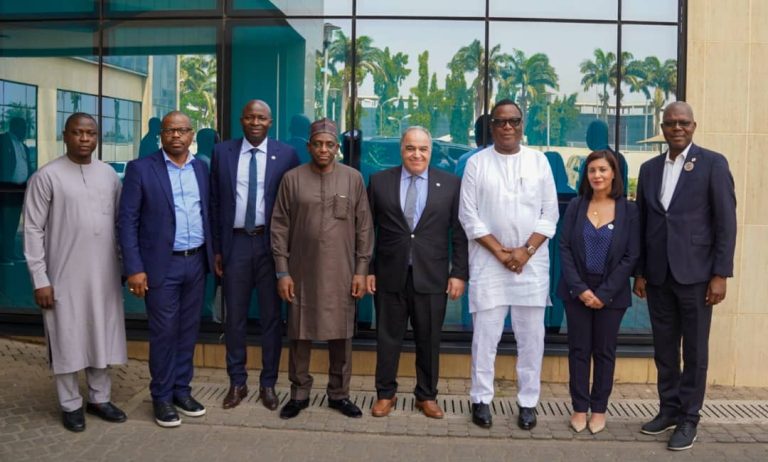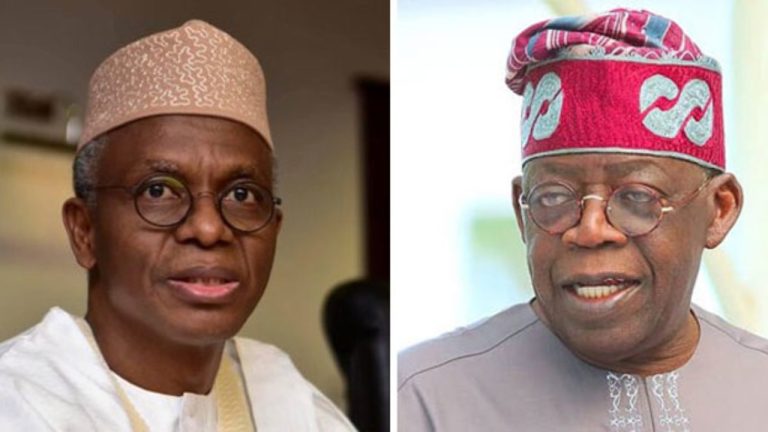Zainab Ahmed, Minister of Finance, Budget and National Planning, says the penetration of Islamic financing in Nigeria is low and remains insignificant in the over $2 trillion global market, despite potentials to drive a more competitive economy.
To this end, the Minister said Nigeria needs significant financial sector reforms that would bolster the growth and penetration of Islamic finance and deliver overall economic growth.
Ahmed disclosed this at the 5th African International Conference on Islamic Finance, themed “Infrastructure financing, sustainability and the future of African market 2.0” in Abuja on Tuesday.
She stressed that Islamic finance instruments like Sukuk have been very instrumental in bridging Nigeria’s infrastructure gap by promoting investments in key economic sectors like healthcare, education and transportation.
“The asset-backed nature and risk-sharing components of Islamic finance structures help improve financial sector stability and make them appropriate for infrastructure public private partnerships,” the Minister said.
She further disclosed that one of the impediments to the development of Islamic finance is the notion that Islamic finance is just for Muslims. To combat this, she said Nigeria must establish comprehensive operational frameworks for Islamic financial products and services and improve awareness of the financing options to the real sector.
“Consequently, stakeholder engagement becomes imperative to enhance the soundness and efficiency in our financial system on Islamic finance, if we are to build a globally competitive economy,” Ahmed said.
Muhammad Sanusi II, deposed 14th Emir of Kano, in his keynote speech, stressed that the greatest advantage of Islamic finance was its connection to the real economy. According to him, it is a more sustainable and accountable way to finance critical infrastructure for development.
“When the government issues bonds in the capital markets, investors are just looking forward to getting their interests and capital and it is easy to track the money and where it goes to. But with Sukuk, it is possible to know exactly what the money will be used for,” Sanusi said.
“Overall, Islamic finance provides a potent alternative for resource mobilization and fair and equitable allocation of resources that could help address the sustainable development goals.
“However, an essential condition for the development of Islamic finance markets is the presence of an effective legal and regulatory framework to provide an enabling environment that will create a level playing field, and enforce the legality of Islamic finance contracts and ensure Sharī’ah compliance,” he added.
The former Governor of Central Bank of Nigeria (CBN) debunked claims that Islamic financing is aimed at Islamizing Nigeria. He stressed that the purpose was to deepen financial inclusion and drive development.
Ummahani Amin, Chairman of the Conference Planning Committee, said the conference represents a strong and enduring commitment by Islamic finance industry stakeholders to discuss strategies and financial reforms geared towards the development of the industry.
The CEO of Metropolitan Skills and Law Firm, explained that the conference represents advocacy for infrastructural development amid an ailing global economy and humanitarian crisis.
“This,” she notes, “is the basis of the reprise of the last edition’s theme for this year’s edition.”









247816 612157Hello there, just became alert to your blog through Google, and located that it is actually informative. Im gonna watch out for brussels. Ill be grateful in case you continue this in future. Numerous folks will be benefited from your writing. Cheers! 333489
547546 405896I dugg some of you post as I cogitated they were extremely beneficial invaluable 544193